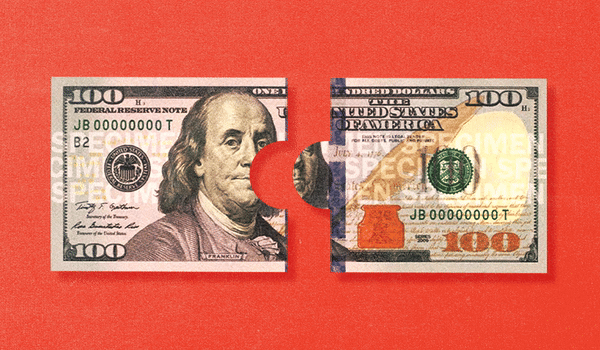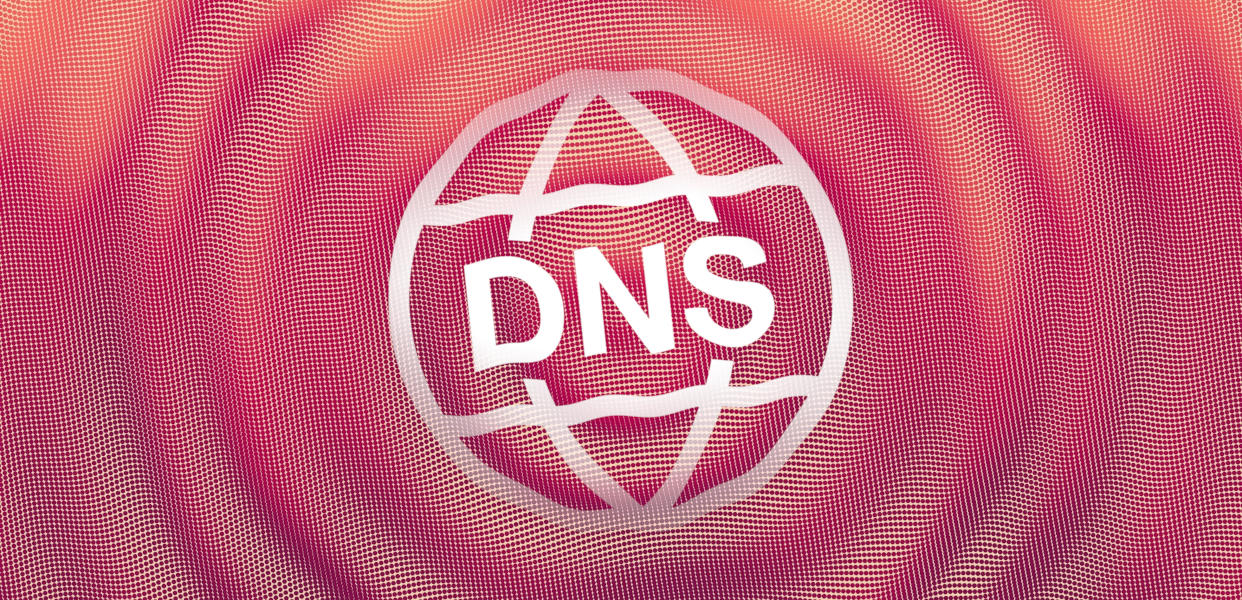Why it can be so hard to get over rejection at work
Work is full of potential rejection. Ask a colleague for a favor, and they may refuse. Apply for a job, and you may not get it. Seek a promotion, and you may be passed over. Submit a proposal to a client, and it may not be accepted. One key part of success is to be willing to learn from these failures, rather than to be paralyzed by them. Yet, you may find it hard to get over a rejection. Before you can learn anything from a failure, you first have to get beyond the emotions associated with rejection. Dealing with rejection sensitivity The first question you have to ask is whether a particular rejection is bothering you, or whether rejection in general is a problem. A long line of research suggests that some people have a high level of rejection sensitivity. There is even a measure of rejection sensitivity called the Rejection Sensitivity Questionnaire. This measure asks you to consider a variety of situations in which you ask for something from another person. You rate both the level of anxiety or concern you might experience in that situation as well as the degree to which you expect someone would accept or reject your request. People high in rejection sensitivity get quite anxious when faced with the possibility of rejection and may also expect that their requests will be rejected. Rejection sensitivity may be a reaction people develop to feelings of rejection by key loved ones when growing up. If you generally have anxiety about rejection, then it can hamper you in the workplace. You may avoid asking for things you need or pursuing new opportunities. You may also react with fear or anger when you feel like others are rejecting you. You might also take criticism of a project or your performance as a personal rejection rather than as feedback that provides an opportunity for you to improve. If you’re sensitive to rejection in general, then you have ingrained a set of habits that probably will not go away on their own. This sensitivity is going to affect both your work and personal life, and so it’s worth addressing. A good therapist can be a valuable part of the process of understanding the source of your anxiety and expectation of rejection and help you to develop strategies to help you handle future situations more effectively. Dealing with a specific painful rejection Even if you’re not a rejection-sensitive person, you may still find a particular rejection at work hard to handle. Perhaps you had a trusted friend or colleague who has now turned your back on you. Maybe a longtime client has decided to work with someone else. You might have applied for a job that you really wanted and lost out to another candidate. Of course, nobody should expected to get over a rejection immediately. Rejection stings, and that pain can last for a while. Sleep is an important part of your ability to deal with difficult emotions, so getting several good nights’ sleep can help you move past a painful rejection. If there’s a specific rejection that stays with you, it probably reflects a significant loss for you that is worth understanding. You might be prone to avoid thinking about rejections, but it can be helpful to write about them. That writing can help you to get the thoughts outside of yourself, which can be healing. In addition, it may help you to understand the source of the loss. Perhaps you feel betrayed by someone you trusted. It might be that the rejection affects something that is part of your self-concept. The rejection might feel like it is closing off a career or life path that you were invested in. If writing about the rejection doesn’t help, you might benefit from working with a counselor or therapist. Career success ultimately requires that you put yourself in situations in which you could face rejection. Not only that, it’s virtually impossible to do anything of significance without being rejected often. That means you must develop strategies to learn to accept rejections, to analyze them so that you learn how to be more effective in the future, and to continue to try difficult things that might lead to additional rejections in the future.

Work is full of potential rejection. Ask a colleague for a favor, and they may refuse. Apply for a job, and you may not get it. Seek a promotion, and you may be passed over. Submit a proposal to a client, and it may not be accepted.
One key part of success is to be willing to learn from these failures, rather than to be paralyzed by them. Yet, you may find it hard to get over a rejection. Before you can learn anything from a failure, you first have to get beyond the emotions associated with rejection.
Dealing with rejection sensitivity
The first question you have to ask is whether a particular rejection is bothering you, or whether rejection in general is a problem. A long line of research suggests that some people have a high level of rejection sensitivity. There is even a measure of rejection sensitivity called the Rejection Sensitivity Questionnaire.
This measure asks you to consider a variety of situations in which you ask for something from another person. You rate both the level of anxiety or concern you might experience in that situation as well as the degree to which you expect someone would accept or reject your request. People high in rejection sensitivity get quite anxious when faced with the possibility of rejection and may also expect that their requests will be rejected. Rejection sensitivity may be a reaction people develop to feelings of rejection by key loved ones when growing up.
If you generally have anxiety about rejection, then it can hamper you in the workplace. You may avoid asking for things you need or pursuing new opportunities. You may also react with fear or anger when you feel like others are rejecting you. You might also take criticism of a project or your performance as a personal rejection rather than as feedback that provides an opportunity for you to improve.
If you’re sensitive to rejection in general, then you have ingrained a set of habits that probably will not go away on their own. This sensitivity is going to affect both your work and personal life, and so it’s worth addressing. A good therapist can be a valuable part of the process of understanding the source of your anxiety and expectation of rejection and help you to develop strategies to help you handle future situations more effectively.
Dealing with a specific painful rejection
Even if you’re not a rejection-sensitive person, you may still find a particular rejection at work hard to handle. Perhaps you had a trusted friend or colleague who has now turned your back on you. Maybe a longtime client has decided to work with someone else. You might have applied for a job that you really wanted and lost out to another candidate.
Of course, nobody should expected to get over a rejection immediately. Rejection stings, and that pain can last for a while. Sleep is an important part of your ability to deal with difficult emotions, so getting several good nights’ sleep can help you move past a painful rejection.
If there’s a specific rejection that stays with you, it probably reflects a significant loss for you that is worth understanding. You might be prone to avoid thinking about rejections, but it can be helpful to write about them. That writing can help you to get the thoughts outside of yourself, which can be healing. In addition, it may help you to understand the source of the loss.
Perhaps you feel betrayed by someone you trusted. It might be that the rejection affects something that is part of your self-concept. The rejection might feel like it is closing off a career or life path that you were invested in. If writing about the rejection doesn’t help, you might benefit from working with a counselor or therapist.
Career success ultimately requires that you put yourself in situations in which you could face rejection. Not only that, it’s virtually impossible to do anything of significance without being rejected often. That means you must develop strategies to learn to accept rejections, to analyze them so that you learn how to be more effective in the future, and to continue to try difficult things that might lead to additional rejections in the future.





































































































































































































